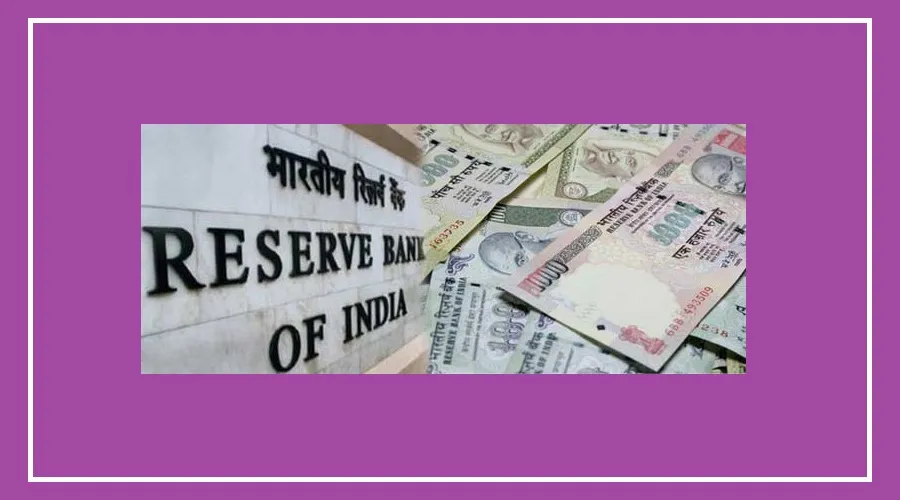The Reserve Bank of India (RBI) has released draft guidelines to update credit scores every week. This is a major step to improve the country’s credit system.
At present, banks and financial institutions send customer credit data to credit bureaus once a month or once every two weeks.
After the new rules are implemented, these updates will shift to a weekly schedule. The purpose is to make credit information more transparent, accurate, and reliable.
Contents
How the New Weekly System Will Work
Under the draft rules, banks and lending institutions must report data to credit information companies such as CIBIL, Experian, CRIF High Mark, and Equifax every week.
Specific reporting dates are fixed for this purpose: the 7th, 14th, 21st, 28th, and the last day of each month.
This weekly reporting will ensure regular updates on important details about borrowers, including payment behaviour, new loans, credit card usage, outstanding balances, and account closures.
Only changes since the last update will be included each week. For example, if a customer pays an EMI, takes a new loan, pays a credit card bill, or closes an account, that information will be sent in the next weekly update.
Additionally, a full report of all active and recently closed accounts will be required at the end of each month.
When Will This Start?
According to the RBI’s proposal, the new system is expected to begin on April 1, 2026. This date is valid only if banks and institutions complete all technical upgrades in time.
All lenders will need to update their systems, data processes, and reporting tools to support weekly reporting.
Understanding Credit Scores
A credit score is a three-digit number that reflects your borrowing and repayment history. Banks and financial institutions use this score to decide whether to give you a loan and what interest rate to offer.
Credit Score Range and Meaning
750–900: Very Good
Quick loan approval and lower interest rates.
700–749: Good
Most loans approved, but interest rates may be slightly higher.
650–699: Fair
Loan approval becomes difficult and extra documents may be required.
550–649: Weak
Loans are available but with very high interest rates.
300–549: Very Poor
Most banks and NBFCs reject loan applications.
Benefits for Consumers
Weekly credit score updates will greatly benefit regular consumers. Any positive activity—such as paying EMIs, settling credit card bills, or clearing outstanding amounts—will reflect quickly in your credit score.
Instead of waiting two to three weeks for updates, changes will show up within a few days.
This will help consumers build stronger credit profiles and receive easier approval for new loans or credit cards. It will also speed up corrections of wrong or incomplete credit information.
Benefits for Banks and Financial Institutions
Banks, NBFCs, and lenders will gain access to more accurate and up-to-date credit data. They will be able to check whether a customer has taken a new loan, is paying on time, or is using too much credit.
This will make loan approval and risk assessment more accurate, reducing the chances of defaults caused by outdated data.
Strengthening the Overall Credit Environment
Weekly reporting will improve transparency in the entire credit system. Credit bureaus will receive timely and reliable information, making credit scores more trustworthy.
Errors, fraud, and data mismatches will decrease. Overall, this move will modernize India’s financial ecosystem and bring it closer to global standards.

